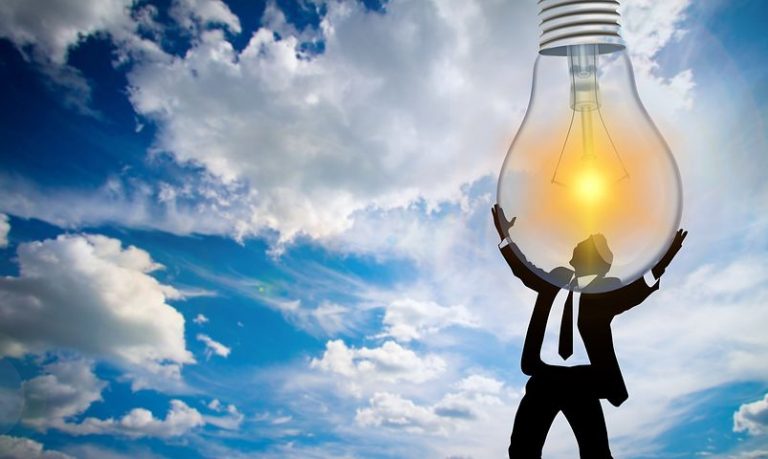
Like most citizens of our planet, I care about the health of the environment, and as a passionate angler, I am also concerned about the future of a sport I love and one that has taught me so much about life.
The truth of the matter is our planet is in trouble and sportfishing has become yet another casualty of a greater issue.
I remember fishing the beaches on Cape Cod as a youth, catching striper after striper in the 36 inch-plus range right from the surf. Forty-pound cows (as the big female striped bass are called) were common all along the East Coast. It all seemed so natural and easy.
We sport fishermen like to brag about our catches, tossing out such colorful descriptions as “monster catch, “trophy fish” and so on. But those boastful proclamations are becoming less frequent these days.
How We Got Here
I now hear it often, particularly from old salts: “The fish were plenty and a lot bigger when I was a kid!” While we anglers are known to be prone to exaggeration, this statement is not entirely anecdotal. Something has indeed changed. The fish are not only fewer but they are also getting smaller.
Yes, there was a time not that long ago, it seems, when the fishing was better in just about every way. Not only were the catches consistently bigger but they were more abundant as well. If you don’t believe it, just ask anyone over 40 you see holding a fishing pole should you have the opportunity.
We are certainly not less skilfull or less equipped than our grandfathers – if anything, we have more tackle and technology at our disposal than they could have dreamt of. So why are we catching guppies to their proverbial Moby Dick (hyperbole intended)? What happened?
Well, what happened or is happening, to be more precise, is accelerated global warming. Well, there are a few other culprits including overfishing and pollution. But if I had to point to the single, biggest impact on the current state of recreational fishing, I would say it is climate change.
We’ve all been familiarized with the terms global warming and climate change for a while now, but I think that we anglers are just now fully coming to terms of what it means for our sport. In typical human nature, I think, we don’t completely grasp the implications of something as humans until we are directly affected by it. I think we get it now.
Fast-forward a few decades and now living as an adult in Florida, the “fishing capital of the world”, I see things changing in terms of the fish being caught by sport fishermen. Every year, it becomes harder to catch “trophy-size” fish. I do have to worker harder at it and the catches continue to diminish.
No, I don’t mind working for my catch – after all, it is called fishing and there are many variables we cannot control. The effort as it has always been a labor of love for me anyway, as I’m sure it is for all anglers, but what is happening has nothing to do with lack of effort.
The fish are becoming fewer and smaller because they are being suffocated by oceans and waters that do not contain enough oxygen for them to thrive or, in some cases, survive.
Research Points to Alarming Trends for Word’s Fish Populations
One of the many tragedies of climate change is the abundance of our fisheries and the size of fish species around the world. Global warming is impacting the temperature of our planet in ways we could not have imagined 25 years ago and our fish populations are struggling and the trends for the future are alarming.
Studies on fish development indicate that growth is being hampered by changes in the Earth’s temperature. The Canadian magazine ‘Nature Climate Change’, for example, reported that many fish species worldwide will shrink in size (body weight) by some 14% to 24% between the years 2000 and 2050 if CO2 emissions continue to increase, with fish in tropical regions being heavily affected.
But this should not come as a surprise. If we consider the fact basic water chemistry that says the warmer the water the less oxygen is available in it, it becomes easier to understand what is happening.
We as humans need oxygen in our atmosphere to survive. Fish need dissolved oxygen in their water to survive. Oxygen-depleted waters make fish development and survival more difficult, in a nutshell.
In another prominent study, this time conducted by the James Cook University ARC Centre of Excellence for Coral Reef Studies in Australia, international researchers found that rising seawater temperatures are affecting the fish development in the equatorial zone in a unique way that could have far-reaching consequences for the fish and fishing communities.
It turns out that many tropical fish go through a stage of larval development in the open sea where they become vulnerable to predators. However, because of rising water temperatures are delaying their development and thus forcing them into a longer larval stage, the rate of survival for these small fish is significantly decreased.
How Do We Turn the Tide?
Although this study focused on the damselfish on Australia’s Great Barrier Reef, one could envision the same scenario playing out on a global stage, with other species and the potential long-term consequences of worldwide fish shortages and the difficulty of obtaining big fish.
So what can we do about the situation? Well, as an avid angler there are plenty of things I can do. I’ve written about recreational fishermen becoming better stewards of our planet, of our oceans and freshwaters. I continue to try to do my part and encourage others – anglers and non-anglers – to also do their part.
We can have a positive effect on our planet and oceans if we all did something to reduce carbon emissions. We can help ourselves as anglers and turn the tide, so to speak, by doing things such as keeping our motorboats tuned and switching to more efficient and cleaner 4-stroke motors – or better yet, fish from a pier or the surf. And if we have to be on the water, how about fishing from a canoe or kayak, where the propulsion energy is 100% green?
If we all make changes, even small ones, we can reduce our carbon footprint and help preserve our oceans and sportfishing for future generations. While I don’t envision the fishing returning to the days of our grandfathers, I do see better times ahead and, who knows, maybe even more frequent trophy fish catches.
Author Bio:
John “Dorado” Pardal is an avid angler and the editor of ReelAdventureFishing.com, a source of fishing content and information for recreational fishermen around the world. He is also passionate about the environment and writing about the issues that impact it.




Leave a Comment